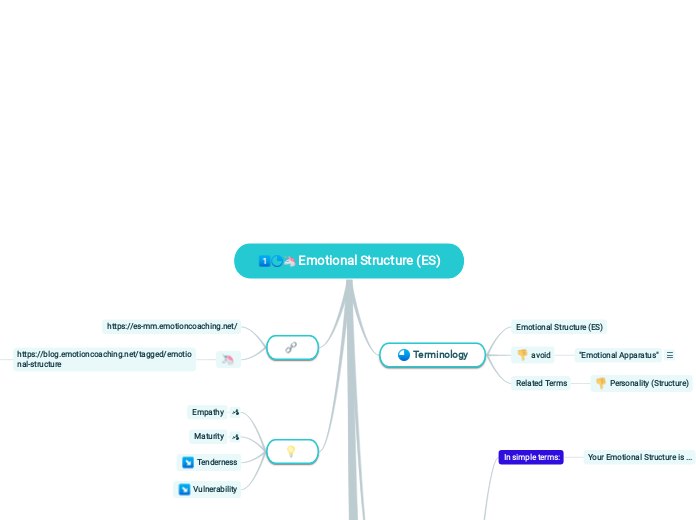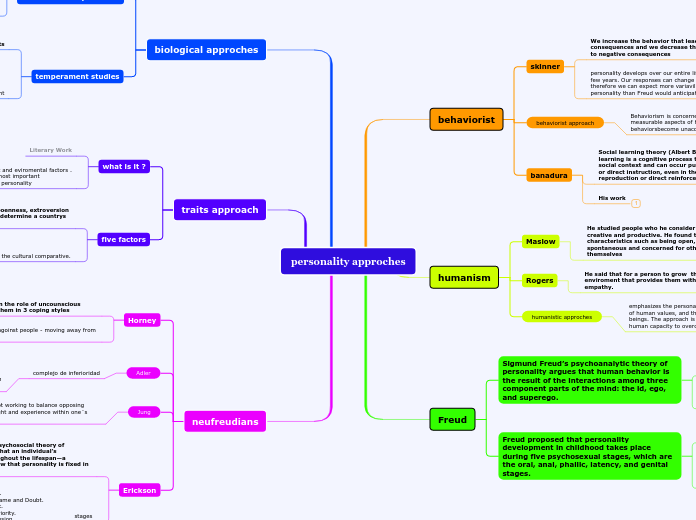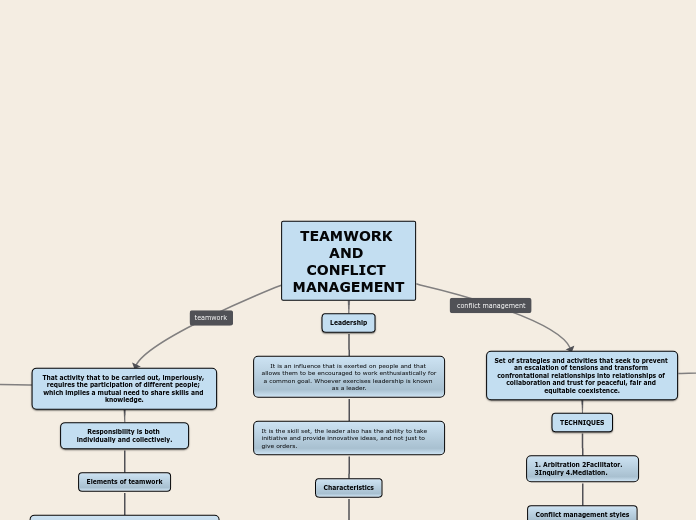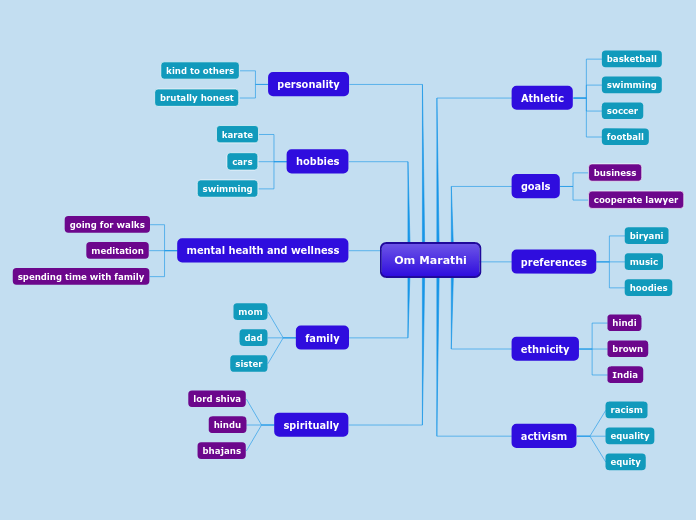Emotional Structure (ES)
"emotional structure"
rational approaches
illusion of understanding = change
/understood it/figured it out..."
exhaustion
I have cried so much.
"I have talked about it - I don't want it anymore."
has parts
we can be mature about one thing
very immature in another
ex.
lawyer who is in abusive rel.
ES that is characterized by "trauma" will not change by itself
or
in that area
the more we dissect it the more we can avoid the emotional labor
How to change one's emotional structure
almost never
cognitive
rational
emotions can work against our interest = they usually have a root in trauma
"don't tell me how to feel"
Classification
Post-Traumatic Emotional Structure (PTES)
Features
Maturity is a qualifying feature of someone's Emotional Structure.
Properties
Maturity
Features of a mature Emotional Structure:
You produce tenderness when perceiving vulnerability.
a person's emotional structure can have all degrees of maturity - the scale is continuous
Influencing Factors
Physical state of the body
etc.
hormonal state
Change
Change "naturally" happens related to growth
long-term
it can change - it is not constant
Processing of emotions is an example to deliberately catalyze a change in the emotional structure
Processing (of Emotions)
define
short-term
mostly attributed to influencing factors
The emotional structure of a person changes over a lifetime by natural processes or maturing. This is influenced by environmental factors which include interpersonal relationships (also with animals) above all.
Principles
One's emotional structure cannot be changed by "wanting" or "deciding" so.
Popular belief is different:
There are countless examples in popular culture to express the notion that "I want to feel less (or more)", for example. The fact that this is expressed to frequently might lead us to believe that it could work. In fact, it does not. The expressions describe the emotional situation of a person and the pain which this person experiences may or may not cause the change, but the "wishing"/"wanting" of the same had little to do with it.
the experience of pain is the main reason for changes of one's emotional structure
both an increase and decrease of empathy are happening exclusively through the experience of pain:
a constructive experience of pain, i.e. happening in a context of sufficient emotional resources, etc. the Emotional Structure will change towards the ability to experience more Empathy
it is central to Emotional Processing to purposefully create these
an unconstructive experience of pain, i.e. associated with helplessness, being overwhelmed etc. leads to a decrease of the ability to experience Empathy
Types / Directions
decrease of Empathy
Numbing / increase in (emotional) numbness
increase of Empathy
/ sensitivity
Growth
...
Becoming
The Musical Instrument Metaphor
Our ES can be compared to a musical instrument:
Like for the sound of most instruments, the emotions which our ES produces are shaped by external factors:
In the same way, there are many influencing factors for our ES.
Many instruments are sensitive to temperature and humidity, among other things.
The resulting sound represents the emotion that is produced by the ES.
The instrument itself reflects the ES.
The fingers, playing the instrument represent the external stimulus.
Features of the ES:
your current emotional structure is always the result of genetically predetermined factors and the influences on the growth process over a whole lifetime
it gets confusing when genetical/physical predispositions increase the susceptibility to react to certain stimuli in a specific way
more resilience
more vulnerable
however, sometimes we can deduce this quite precisely
and we should not be afraid of it
clinicians would say that what some perceive a character trait is actually a symptom
the result as a whole cannot be precisely separated - what was there and what came from experiences
consistent
Empathy
//
Numbness
Applications
Strategies
Changes of the ES
can not be achieved through
(only) talking / rationalizing about them
can be achieved through
can only be learned through going the emotional path. and emotional processing.
Goals
In order to experience a different emotion towards a specific stimulus (and react differently as a consequence of that) one should aim for a change of the Emotional Structure.
processing/defenses
we cannot say:
>>
stab
otherwise impossible
it does not happen by itself
<<
transgenerational trauma
prepare us for emotional labor
... because
it is overwhelming
it is too much
"Do the emotional labor"
"Just go through it"
Definition
Why was a different term necessary?
How is "Emotional Structure" different?
Other meanings:
The term "emotional structure" is being used in the advertisement industry.
Wiktionary
The intrinsic mechanisms present at a given time that produce an emotion as response to a stimulus.
The expression of the emotion can be influenced consciously ...
regarding
intensity and form
time / delay
The emotional response can be empty, i.e. there can also be no response.
This can be because ...
... the stimulus
Delay
The time between stimulus and response can vary ...
immediate/spontaneous
even if not expressed immediately
The stimulus can be internal or external.
examples
[intrinsic]
One's Emotional System is a result of the specific physical properties mainly of the structures of the nervous system, i.e. the brain and peripheral structures, like the plexus solaris and others.
integrate this into definition
The Emotional Structure is by definition located on a deeper functional level than the cognitive/rational/logic parts of our minds.
In simple terms:
Your Emotional Structure is ...
... your inner reference.
... what tells you what is/feels "right" or "wrong" for you.
... the way you react to everything.
stuff happens to us
>> we produce an emotion
Terminology
Related Terms
Personality (Structure)
avoid
"Emotional Apparatus"
seems overly "mechanistic" although sometimes reflects the actual perception quite well









